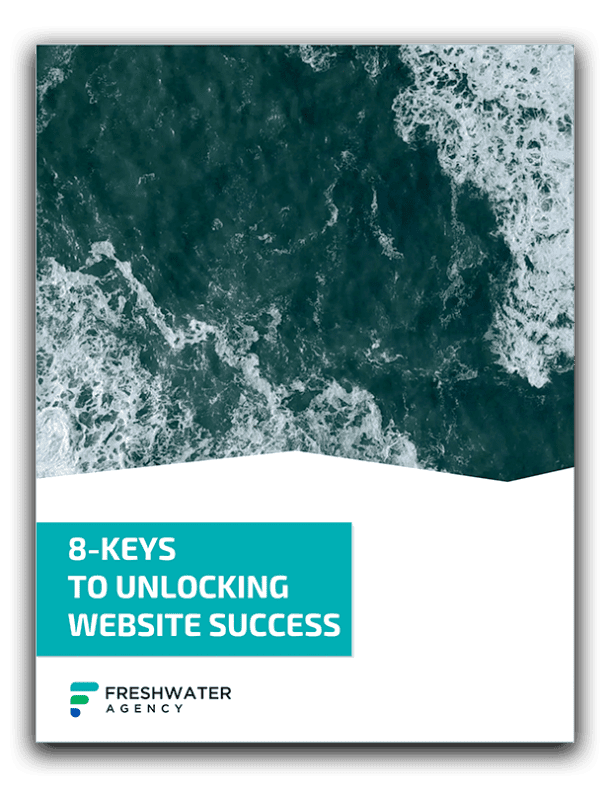Building a strong brand is essential for establishing a trustworthy reputation within your industry and letting potential customers know what to expect from your business. Small businesses often overlook the importance of branding, but successful branding gives your business credibility, encourages customer loyalty, and gives you an edge over your competitors. Whether you’re a new business at the beginning of your journey or a well-established company trying to maintain your position, branding is a crucial part of your business strategy.
Brand Identity
Developing a clear brand identity makes your business memorable and sets you apart from the competition. Creating the right identity to suit your business will depend on a variety of things, including the type of products you sell, your intended audience, and the reputation you want to gain.
Think about the image you want to portray to the public. What do you want people to say about your business? What is the most important aspect of your company? Perhaps you want to be known for your innovative solutions to your customer’s problems, or maybe you pride yourself on offering excellent customer service.
Your brand identity should sum up your entire business, including its values, strengths, attitudes, and vision for the future. In addition, your brand identity should be sustainable and remain relevant for many years to come. Try to avoid using current trends as part of your identity, unless you are certain these trends will last.
Communicating Brand Identity

Communicating your brand identity effectively can be a difficult task, as the public can easily misunderstand what you are trying to say. Take some time to consider the message you want to convey to prospects, customers, and the wider community.
What do you want people to think about when they see your business name? What feelings do you want to evoke when promoting your brand? How can you communicate your brand identity in a way that people will relate to?
Test your ideas on employees, friends, social media followers, and even focus groups if possible, as this will enable you to determine how well your message is being received and understood. Focus groups can be particularly helpful for small businesses, as they provide unbiased feedback that helps to inform your decision making.
Branding Elements

All of your branding elements should work together to reinforce your brand identity and the message you want to convey. Consistency and the cohesiveness of your branding elements is the key to creating a recognizable brand.
Text elements, such as your business name, website address, slogan, tagline, and even key product names, should be consistent and used across all of your communications, websites, and social media profiles.
Visual elements, such as your logo, signage, website design, and even your product packaging should fit with the image of your brand. Your logo should be displayed on all of your communications, websites, and online profiles. In addition to text and visual elements, it’s important to be consistent in the style and presentation of your content, as well as the voice and tone you use when communicating with customers.
Strengthening Brand Identity
Using your branding elements effectively and taking as many opportunities as possible to communicate your brand identity helps to create a recognizable brand, but there are also plenty of ways to strengthen your brand identity.
Research your competitors and keep an eye on what their customers are saying on social media, review sites, and forums. If customers are continually complaining about a particular aspect of a competitor’s business, you can take advantage of the situation. For example, if people are complaining about a competitor’s poor delivery service, you can work on improving your own delivery service and providing extra options that will appeal to your target audience.
Another way to strengthen your brand is through the use of social media influencers. These influencers charge a fee to promote and publicize brands or specific products. Prices vary greatly depending on the popularity of the influencer, but small businesses may be able to negotiate a deal with smaller influencers blogging within a specific niche.
Protecting Your Brand

Taking steps to protect your brand from legal problems, such as copyright theft, compensation claims, and identity fraud, is crucial for preventing financial loss and damage to your reputation. Seek professional advice about your legal rights and responsibilities to protect against legal problems in the future.
It’s also important to protect your brand from other changes that might affect how your business operates or how the public perceives your company. Keep up to date with political changes, social causes, and current events to ensure that your brand remains appropriate and relevant to your target audience.
Building a strong brand is just as important for small businesses as it is for larger companies. Having a brand identity and communicating your identity through branding elements is crucial for succeeding in business. Strengthening and protecting your brand is also important for insuring long-term success.


